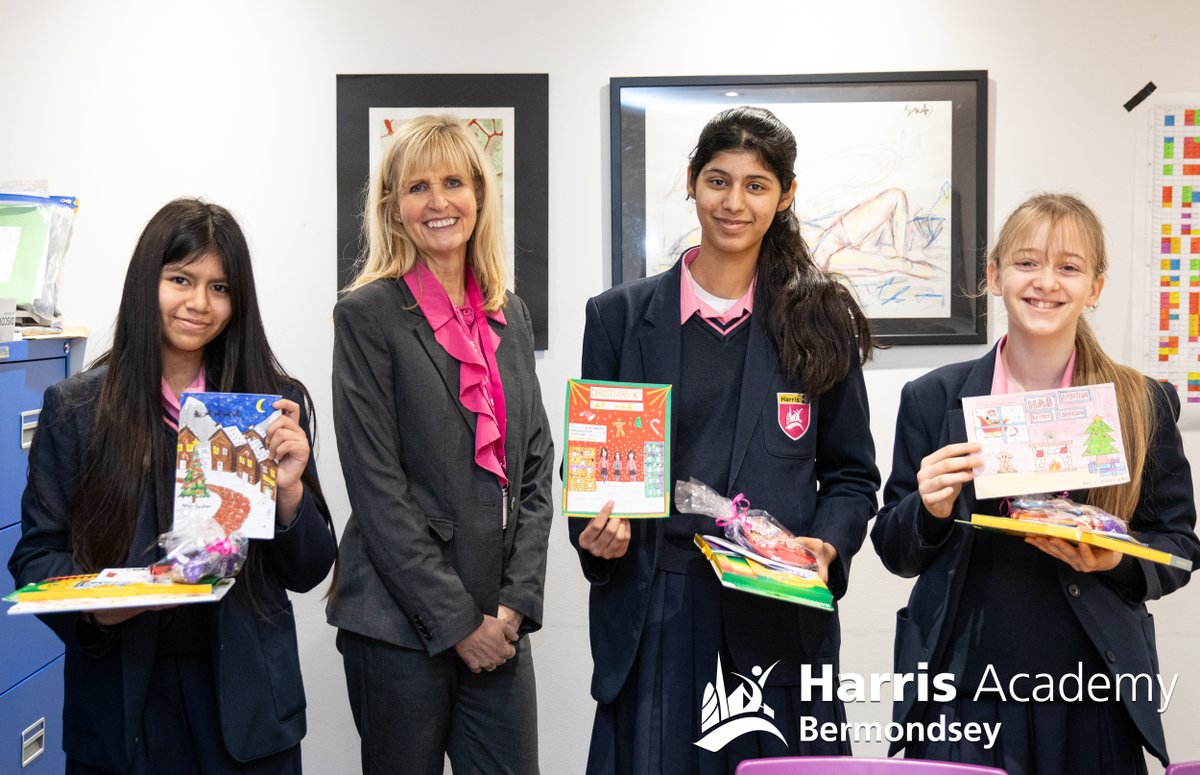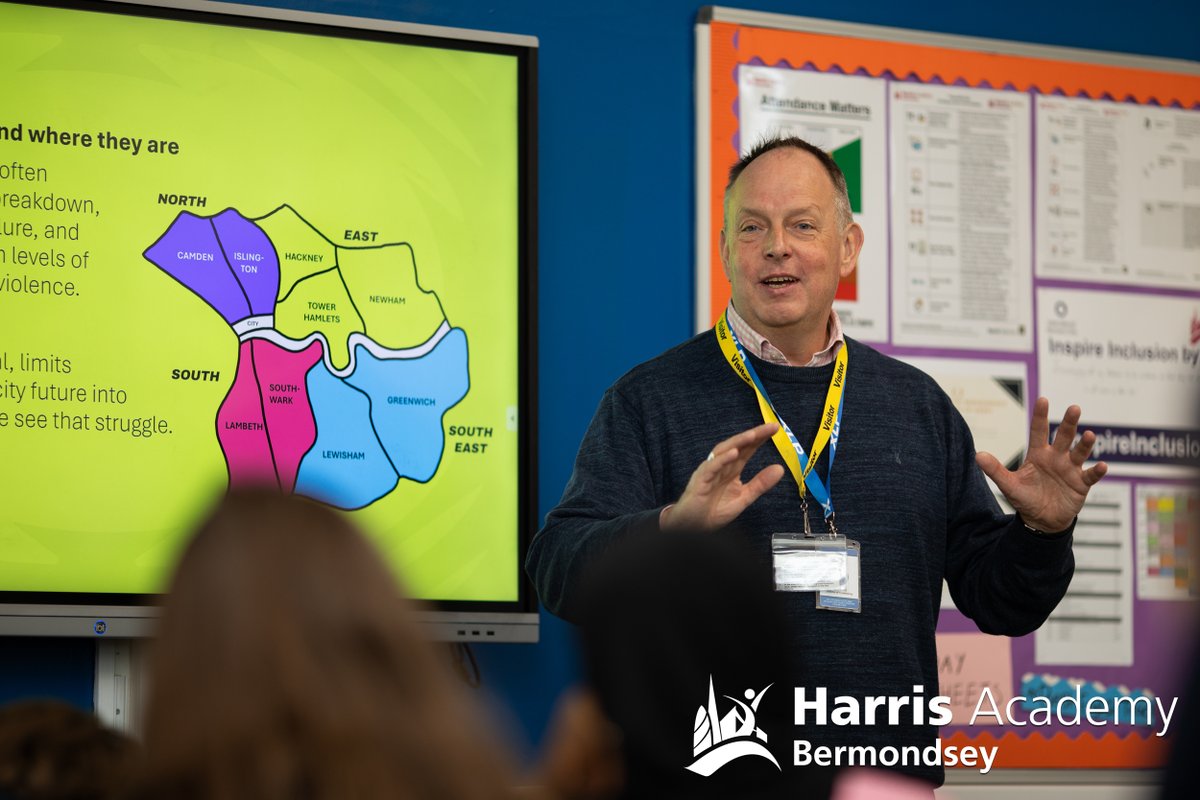Science
All students study Science in years 7-11. Knowledge is presented to students in both a context-dependent and independent way, with classroom teachers using a Science Capital Approach. This approach is designed to support teachers in helping students find more meaning and relevance in science and, as a result, engage more with the subject.
The department strongly believes in the cyclical revisiting of core content which is achieved through spaced interleaving. The intent of the Year 7-9 curriculum is that it provides both a deep and broad understanding of Science as a discipline and serves as a foundation to deeper study in each individual science.
At KS3 we have a spiral curriculum with threshold concepts being revisited at the beginning of every topic. This gives students firm foundations upon which to build deeper knowledge. The ambition of the academy is that all students have access to subject-specialist teaching in Physics, Chemistry and Biology during Years 10-13 in order to provide them with the very deepest knowledge in each discipline.
In years 10-13, students explore the curriculum following a more cumulative approach. Students studying Physics at A level are required to also study Mathematics and students studying Chemistry at A level are strongly advised to also study Mathematics. This is to ensure that should students wish to pursue these subjects beyond A level they have the skills demanded of higher education.
KS3 Science curriculum intent
We believe science is for everyone and that pupils who love science at primary school should continue to love science until KS5. Through our Key Stage 3 curriculum we will start to build this passion through:
- Introducing students to the scientific method of verification through experimentation and logic, allowing them to critically assess the world through the lens of a fact-based worldview
- Identifying the gaps in pupils’ knowledge and enable them to dispel them with independence, through the transferable skills developed
- Teaching students to be conscious and deliberate in their use of specific language in the search for new knowledge and through this develop their scientific literacy
- Developing an appreciation of the ability of science to physically show a concept and through this become independent practical enquirers
- Introducing students to the scientific method of verification through experimentation and logic, allowing them to critically assess the world and understand that processes are interlinked and happen for a reason
- Developing a critical awareness of the scientific wider world through real-life experiences
- Establishing the importance of numeracy skills to continue to enjoy Science and how this links with their learning in the Maths curriculum
Physics curriculum intent
Physics is the study of the mechanisms that underpin physical reality. It is the discipline that seeks to understand and map the rules and patterns that govern all aspects of the observable universe, from the smallest particles to the largest galaxies.
Becoming literate in Physics is to become aware of how our universe functions and fit together, how systems interact with each other and how the fundamental concepts of energy and forces permeate our existence not only on a grand cosmic scale but on a fundamental level.
The Physics curriculum across KS3 and KS4 revolves around the central themes of Energy, Particles and Forces. Through the study of these larger themes, other associated fields are interwoven and provide practical context. Magnetism, particles, states of matter, waves and electricity are presented cyclically throughout KS3 and return in Years 10 and 11. These topics provide insight and knowledge about the cornerstones of our everyday world and the role of our common day technology. They also provide insight about larger-scale phenomena and the grandeur and power of mankind’s most sophisticated technological achievements.
We aim to provide our students with the knowledge to access the founding principles of the technology that permeates the modern world. We aim to instruct them in the scientific principle of experimentation and investigation, the evaluation of data and the drawing of conclusions based on verifiable evidence.
We aim to provide them with the Physics knowledge to assess and comprehend the world around them and to see the boundless opportunities and promise of new discoveries. The knowledge of Physics we possess and teach is a legacy to be passed on, a birth right purchased by each successive generation. It is a discipline in constant evolution as our knowledge increases. It is the discipline that allows us to see the world as it is and to harness the endless opportunities inherent in our reality.
Chemistry curriculum intent
We believe that in order to be a chemist, one must develop a deep knowledge and understanding across the three key building blocks of Chemistry: the atom, the periodic table and chemical reactions.
 These concepts are the starting point for all chemical knowledge. We understand that Chemistry is a series of core questions to which pupils are able to find the answers, through investigation and an understanding of developing scientific models. In order to investigate answers to these core questions pupils will develop the skills and understanding to work like an expert chemist. They will be able to plan an investigation that allows valid conclusions to be drawn and precise, accurate data to be collected, presented and interpreted.
These concepts are the starting point for all chemical knowledge. We understand that Chemistry is a series of core questions to which pupils are able to find the answers, through investigation and an understanding of developing scientific models. In order to investigate answers to these core questions pupils will develop the skills and understanding to work like an expert chemist. They will be able to plan an investigation that allows valid conclusions to be drawn and precise, accurate data to be collected, presented and interpreted.
Our learners will be able to analyse both qualitative and quantitative data and link this to explain concepts in both Biology and Physics. We want to impart sufficient scientific knowledge and develop scientifically literate young women who can make informed decisions about everyday scientific contexts and make sense of the world around them, for example, understanding the need to recycle and cut down CO2 emissions.
The department aims to foster an interest in Chemistry such that our girls appreciate the work of chemists in a quest for innovation, enhancement and improving efficiency and ultimately we want all girls to consider pursuing further study or careers in STEM.
Biology curriculum intent
The last four centuries have seen an explosion of scientific understanding and discovery, exploration and revision of theories. Only through assimilation of knowledge can we 'stand on the shoulders of giants' and see the world with biological clarity.
As future-makers, our learners are in the privileged position of shaping future societies’ ability to make sense of the world around them through biological processes. Pupils will discover that experiments are not just for fun, they are for embedding their understanding. This will give an insight into the need for scientific process and exploration. The beauty of biology is seeing how everything links together. Therefore, it is of the utmost importance as subject experts that we make the links explicit within a topic, and between topics. The more links a pupil has, the more ways they have of accessing and applying the knowledge. A huge body of knowledge to be communicated but by having a well-sequenced and interleaved curriculum, pupils will have a powerful tool for memory. Through our curriculum, we can help pupils build a schema; a narrative that means they have true mastery of biology, within the web of science.
The curriculum plan for all years can be downloaded below.























